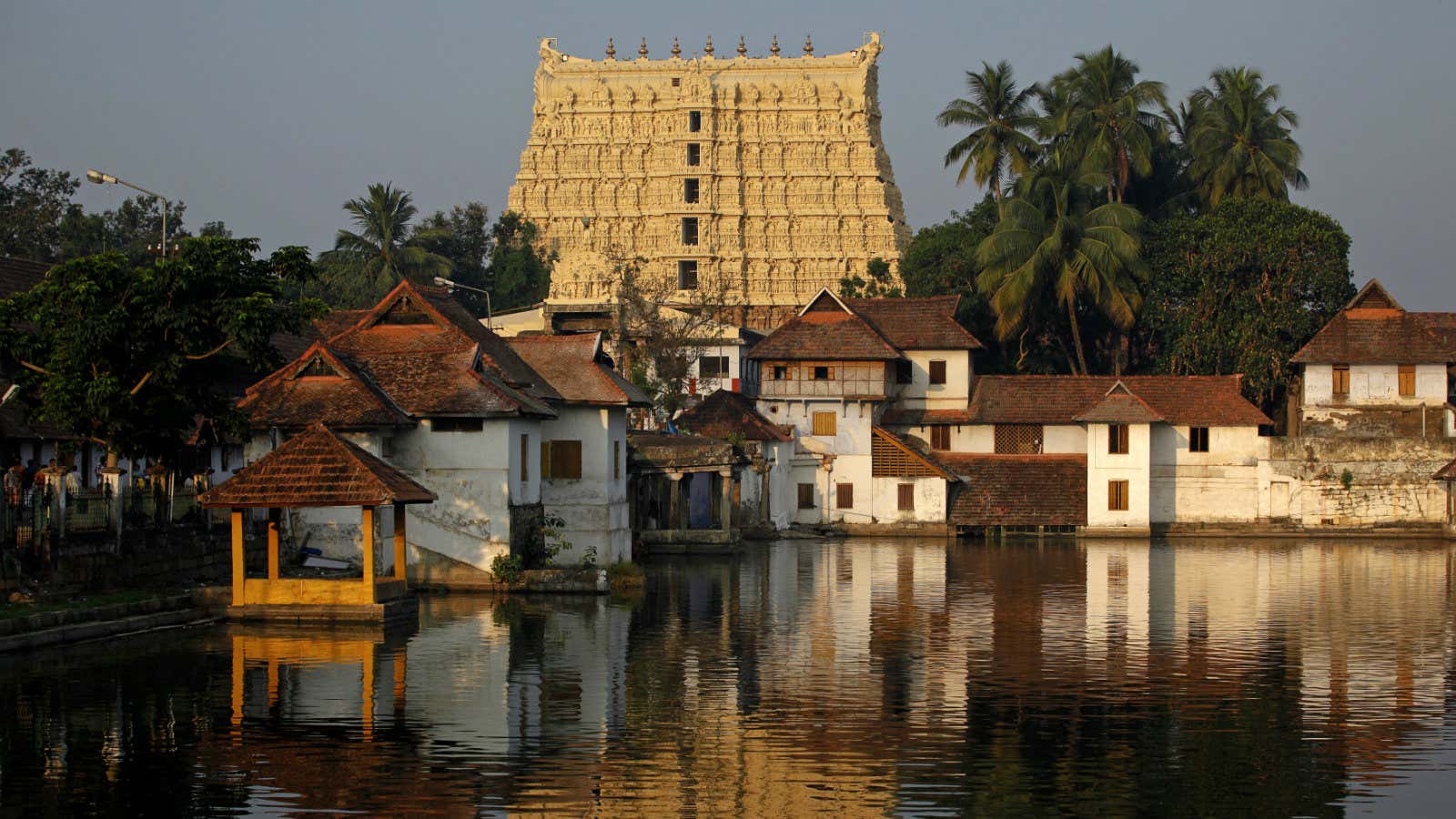The global oil slump is wreaking havoc in Kerala.
This southern Indian state has built an enviable record of human development indicators thanks to decades of abundant remittances from the oil-rich Arabian Gulf.
Now these remittances, which form 36% of Kerala’s net domestic product, are drying up.
“If you look at the growth of remittances, (in) the last few years it has decelerated. (It is) still positive but (has) come down sharply. This year, it may be negative,” Kerala’s finance minister Thomas Isaac told the Mint newspaper in an interview.
Isaac warned that there’s “going to be a very serious regional recession” in this state of over 33 million people.
The crucial remittances
Millions of job-seekers have migrated from Kerala to the Gulf over the last 50 years. About 90% of Kerala’s 2.4 million emigrants are in the Gulf.
But the massive drop in oil prices is forcing firms in the Gulf to cut jobs and governments to trim spending. While the fall in oil prices has helped India to lower its massive import bill, the impact on emigrants and remittances is huge.
Some five million Indian workers—mostly in blue-collar jobs—are at risk. Already, 10,000 of them are stranded in Saudi Arabia with no pay or food. India’s Narendra Modi government is now charting plans to repatriate them.
This trend can deal a body blow to Kerala’s economy.
The coastal state has a debt of around Rs1.35 trillion ($20 billion) and remittances have helped in repayment till now. In 2014, the state saw Rs71,000 crore flowing in from abroad, which is about 15% of India’s total inflows, according to the Centre for Development Studies (CDS) (pdf), a social science research institution in Thiruvananthapuram, Kerala’s capital.
Remittances have been key in the state’s development. Without them, the state’s Rs86,180 per capita income for 2014 would have been just Rs63,491, according to CDS.
The government has utilised this money well, building robust healthcare and educational infrastructure. In fact, Kerala, which elected a communist government in May, has the highest human development index (HDI) among all Indian states. This index considers parameters such as education, healthcare, and income inequality.
Trying times
“One person in the Gulf is supporting four people back home so if there are no remittances, poverty could increase and that will have an impact on the economy,” S Irudaya Rajan, a professor at CDS, said.
He said that since all Gulf countries face a similar economic problem, there are no alternatives but to just return. There needs to be systematic research on the impact of the crisis on Kerala, Rajan added.
In his interview, Isaac said that the signs of a decline are already visible. For instance, real estate prices are dropping in the state, making investors wary.
Unless oil prices recover, Kerala is in for some trying times.
